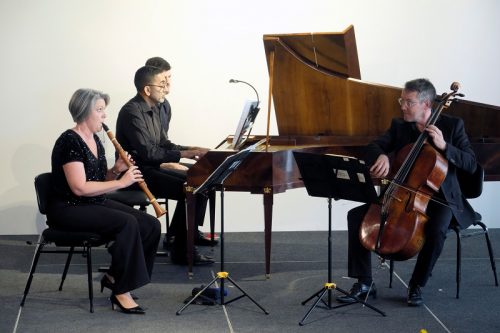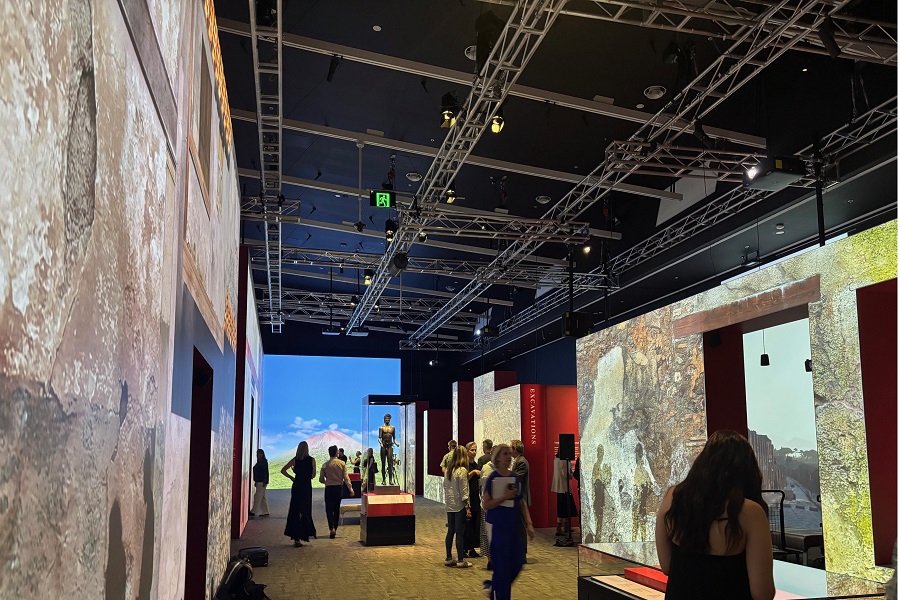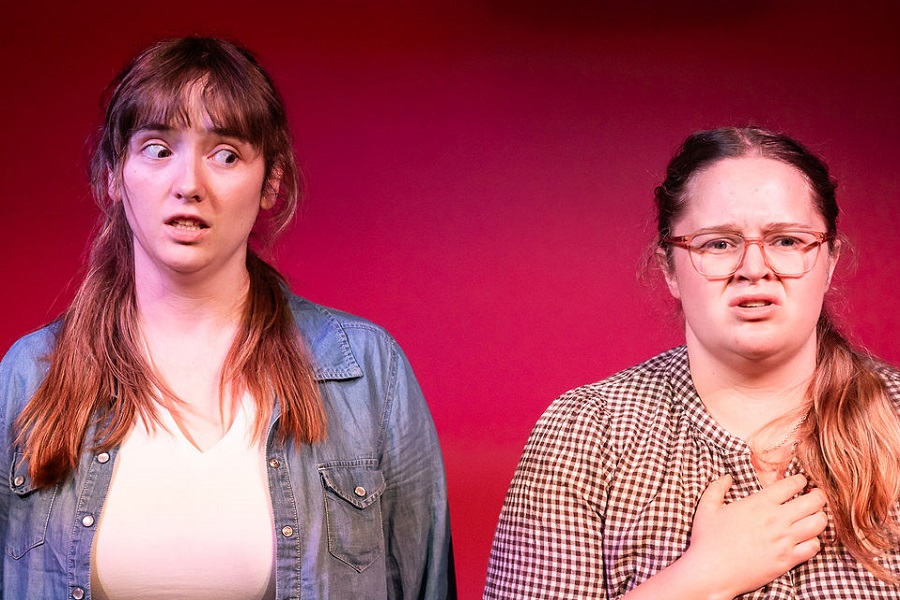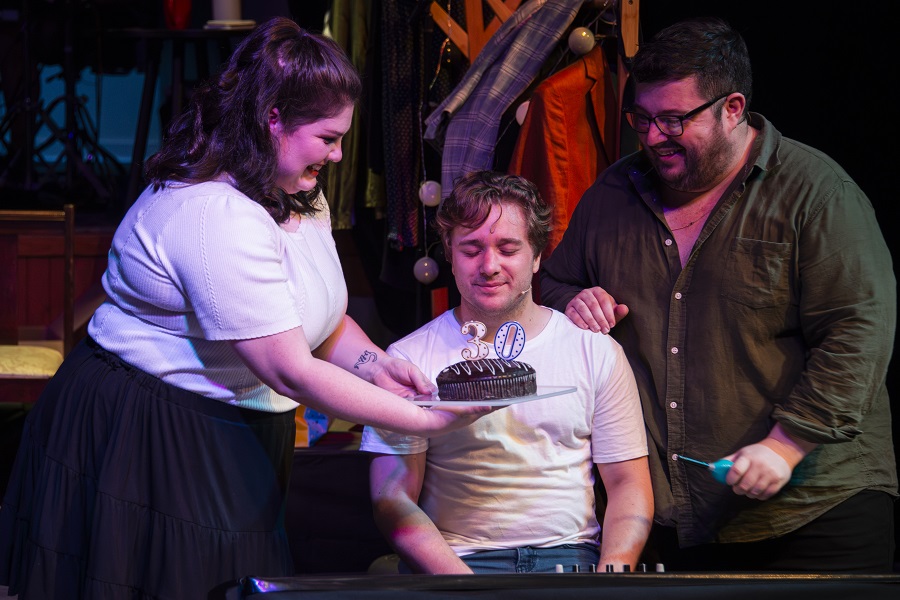
Canberra International Music Festival / Concert 6, “Seven and Three”, the Australian Classical and Romantic Orchestra. At the Australian Centre for Christianity and Culture, May 2. Reviewed by CLINTON WHITE.
HOW many composers have written at least one work that they never heard played?
The “Grand Septet in B-flat” by the Swedish composer, Franz Berwald, little-acknowledged in his time, may be a case in point. It was not published until 1883, 25 years after his death.
Beethoven had started something of a trend in writing septets – his op. 20 was from around 1800. Other composers followed suit. Berwald, too, jumped on the bandwagon, albeit not until 1828, when he was 32 and Beethoven had been dead a year. He even used the same orchestration as Beethoven’s: clarinet, horn, bassoon, violin, viola, cello and double bass.
Although it was written right on the cusp of the transition from the Classical to the Romantic period, its style reflects more the former.
It starts quite slowly, transitioning to a faster pace about halfway through the first movement. Members of the Sydney-based Australian Classical and Romantic Orchestra took until the faster section to come together. But then they hit their straps, especially in the rather folk-like slower second movement, when they achieved a lovely, gentle tone, even in the faster middle section.
Even so, the overall texture across the first two movements was a little thick until the third, when they found a lightness in style for its dance-like character. Had it been so throughout, the performance would have been more rewarding.
In 1803, typical of Beethoven, being the first to do lots of things, had the last say in the whole septet fad, turning his op. 20 into a brilliant trio for clarinet, cello and piano. In doing so, he retained the six-movement serenade style of the piece.
Taking the melodic lead in this performance was ACRO’s co-artistic director, clarinettist, Nicole van Bruggen, playing a beautifully toned classical clarinet. With her were cellist, Daniel Yeadon and pianist, playing a fortepiano, Neal Peres Da Costa, who is a much-lauded professor at the Sydney Conservatorium of Music.
Right from the get-go, these three showed a real connection to this work. Their teamwork was impeccable, tonal qualities were simply gorgeous, balance was elegance to perfection, and they achieved a mesmerising dance-like lightness. This all resulted in a performance of great expression and charm.
What a way to spend a perfect autumnal Sunday afternoon in Canberra!
Who can be trusted?
In a world of spin and confusion, there’s never been a more important time to support independent journalism in Canberra.
If you trust our work online and want to enforce the power of independent voices, I invite you to make a small contribution.
Every dollar of support is invested back into our journalism to help keep citynews.com.au strong and free.
Thank you,
Ian Meikle, editor




![Nestled in the heart of Narrabundah, a Christmas shop has turned its lights on for business, however there’s more than meets the eye behind the tinsel and baubles.
@reindeersretreat is a social enterprise that provides employment to domestic violence survivors as well as for people with intellectual and physical disabilities.
“We’re not a charity by any means,” says owner Adele Bullock.
“They earn every dollar, there’s no free passes here.
“We want this to be a safe space where [the employees] can engage safely, grow and learn safely.”
All funds raised go directly into the education, support, opportunities and experiences for vulnerable people.
To read on about this Christmas miracle, visit our website at citynews.com.au or tap the link in our bio! 🎅🎄💕
#dvsurvivor #christmasmiracle #safespace #inclusion #christmasshop #christmasshopping #christmasjoy #localnews #localheros #canberranews #storiesthatmatter #citynews](https://citynews.com.au/wp-content/plugins/instagram-feed/img/placeholder.png)
Leave a Reply